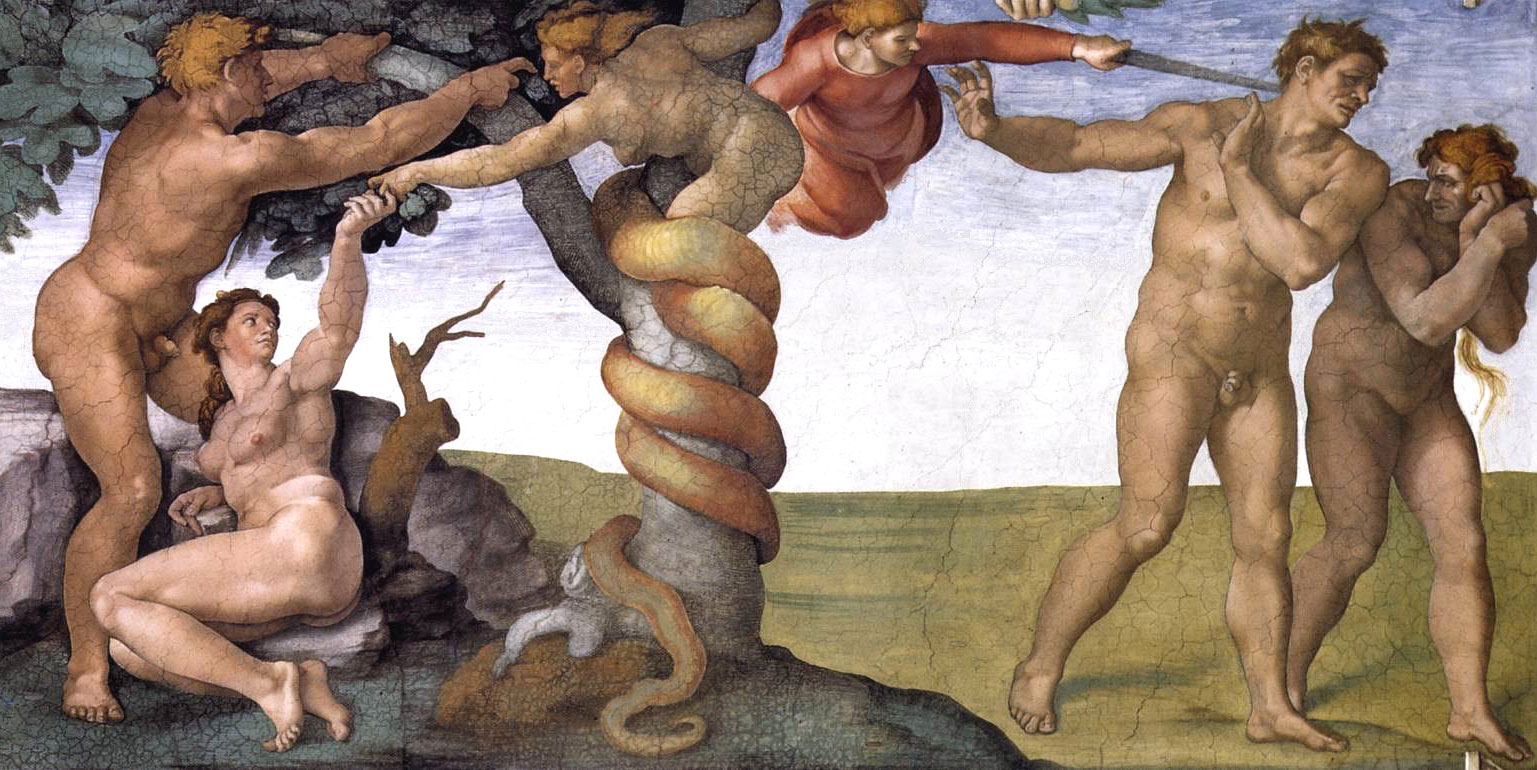Here’s a story I picked up in church. You might know it.
We human beings began our journey innocently enough, in a garden. But evil invaded our souls and destroyed our intrinsic goodness. It altered human nature and broke the whole planet. Everything became forever corrupted, and every subsequent person was born irredeemable. Now, everything has to burn. Only those who pray the right prayer will escape the inferno.
The story bothers me. Probably you too. It doesn’t feel right.
But when stories get inside us they shape our instincts.
It’s a story that invites us to give up on history.
Give up on the planet! Give up on society! Wait passively for the afterlife! Things can’t be fixed, so don’t get too attached or waste energy trying to repair what is ultimately un-repairable. Focus instead, on getting as many as possible to join us, not repairing the world, but instead waiting to to be whisked away.
It’s kind of an awful story. It takes away our incentive to care for the planet, care for society, or even care for people who don’t join our religion. That doesn’t sound like Jesus.
What I Learned
Alternatively, when the everything-is-precious story we saw in the last post settles inside us, as soon as we see something broken, we’re first in line to start restoring, fixing, healing.
Once ours is a precious world, we don’t abandon it when it’s in trouble.
We love it. We fix it. We work toward its ultimate redemption.
There’s a general consensus, especially among young people, that Christian people aren’t very good neighbors. Well, it kind of stands to reason. Once our story tells us to abandon the world, yeah, not good neighbors. So when we hear people say that about us, rather than getting defensive, what we could do, is examine the stories we tell ourselves, and see how they are misshaping us.
Stories matter.
We Christians have lost our way. To find it again, a good place to start is with the stories we tell ourselves.
